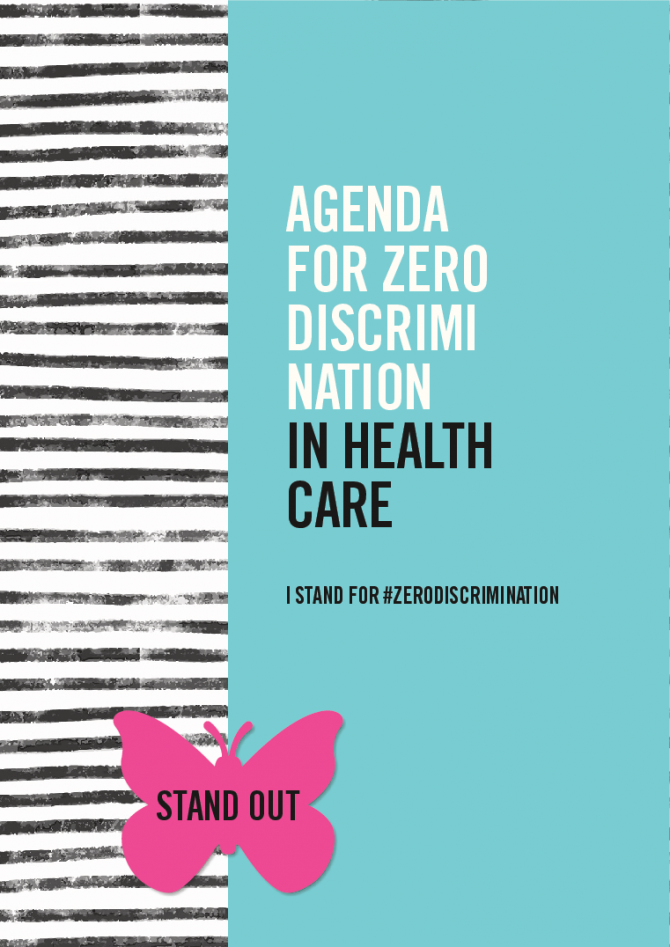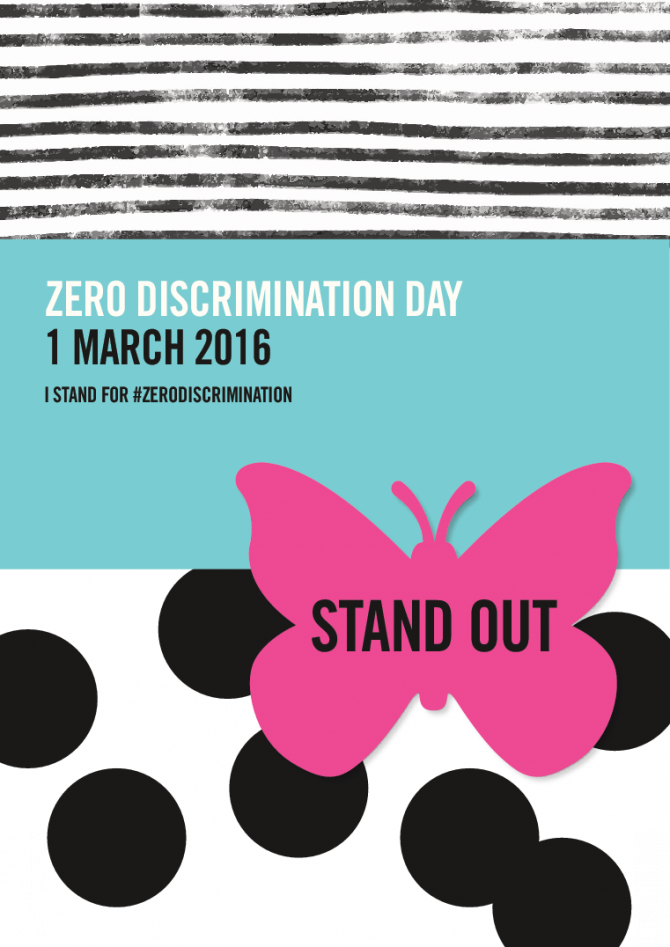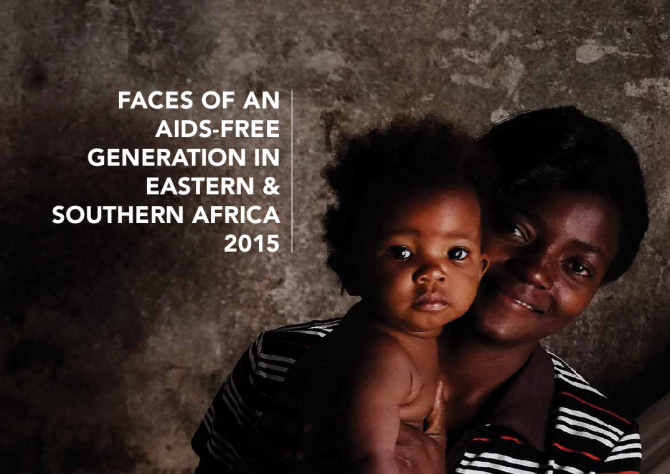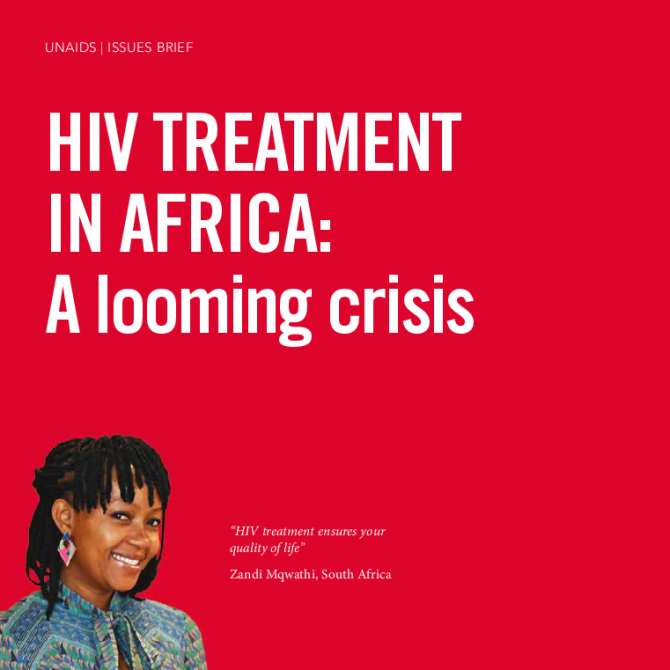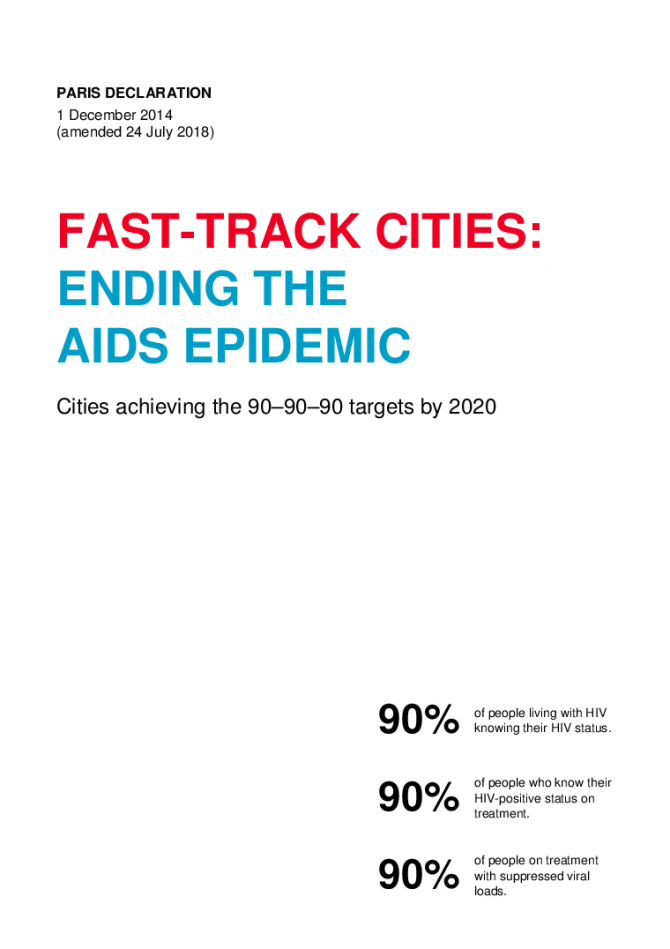Documents
AIDS by the numbers — AIDS is not over, but it can be
21 November 2016
Huge progress has been made since 2000 and millions of lives have been saved. But there are still important milestones to reach, barriers to break and frontiers to cross. The world has agreed to meet a set of global targets by 2020 as part of UNAIDS Fast-Track strategy to end the AIDS epidemic as a public health threat.
Documents
Agenda for zero discrimination in health care
25 February 2016
People around the world face barriers to accessing quality health care and enjoying the highest attainable standard of health. Why this occurs varies between countries and communities, but some barriers are present everywhere. These include the various forms of discrimination faced by people who are marginalized, stigmatized, criminalized and otherwise mistreated because of their gender, nationality, age, disability, ethnic origin, sexual orientation, religion, language, socioeconomic status, or HIV or other health status, or because of selling sex, using drugs and/or living in prison.
Documents
Stand Out - Zero Discrimination Day 2016
13 February 2016
Zero Discrimination Day is an opportunity to join together against discrimination and celebrate everyone’s right to live a full and productive life with dignity. Gender, nationality, age, disability, ethnic origin, sexual orientation, religion, language or any other status should never be a reason to discriminate.
Documents
2016 High-Level Meeting on Ending AIDS
05 February 2016
Ending AIDS by 2030 is an integral part of the Sustainable Development Goals, which United Nations Member States adopted unanimously in 2015. The lessons learned in responding to HIV will play an instrumental role in the success in achieving many of the Sustainable Development Goals, notably Sustainable Development Goal 3, good health and well-being, and the goals on gender equality and women’s empowerment, reduced inequalities, global partnerships and just, peaceful and inclusive societies.
Documents
Faces of an AIDS-free generation in eastern and southern Africa 2015
14 August 2015
We present here the stories of women in six countries in eastern and southern Africa—Botswana, Ethiopia, Kenya, South Africa, Uganda and Zambia—joining them in their journey to motherhood. Their tales demonstrate the courage, tenacity and support that is needed to ensure children remain free from HIV infection and that their mothers stay alive and well. We hope that by reading their stories, you will be inspired to action and that you too will join us in ending the AIDS epidemic among children.
Documents
HIV treatment in Africa: A looming crisis
15 June 2015
Africa’s leadership on AIDS has sharply increased life expectancy and steadily reduced new HIV infections. Hopes are high, but these gains are at grave risk. Continued dependency on external AIDS funding and imported medicines and diagnostics threatens to put the future of AIDS beyond Africa’s control.
Documents
Fast-track cities: Ending the AIDS epidemic
01 December 2014
Working together, cities can take local actions for global impact. Leveraging our reach, infrastructure and human capacity, cities will build a more equitable, inclusive, prosperous and sustainable future for all of our residents—regardless of gender, age, social and economic status or sexual orientation.



